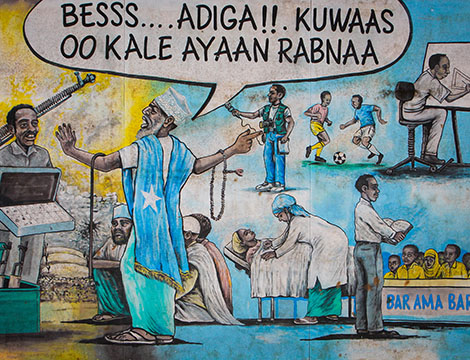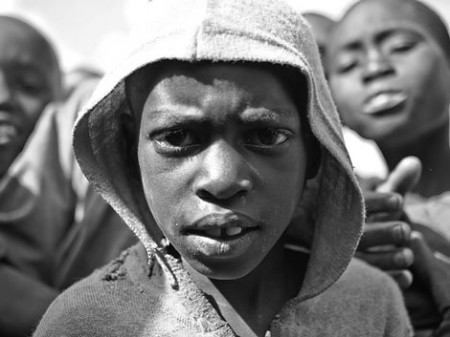
This article was originally published by the International Crisis Group on 27 June 2016.
Somalia’s militant group, Al-Shabaab, has often defied its adversaries’ claims that it is in decline. In recent months, however, the movement has suffered setbacks, including territorial losses, high-ranking commanders killed and defections. The Somali Federal Government (SFG) and its internal, regional and international allies need to be clear-sighted about the reasons for these, and what they can do to stop another Al-Shabaab recovery.
Al-Shabaab’s set-backs – and fewer attacks by the movement during the Ramadan holy Muslim month of fasting than in previous years – are the result of three distinct and unrelated factors. First, an enhanced and largely externally directed and funded campaign including drone strikes has eliminated high-profile leaders and diminished its military capacity. Second, some of Somalia’s new federal units are demonstrating greater military effectiveness, even if they and the government still rely primarily on clan-based militias. Third, the Islamic State (IS) has challenged Al-Shabaab’s greatest internal vulnerability – its ideological cohesion.
Whether the Somali government and its allies can advance their cause will largely depend on greater agreement on priorities and coordination of action – no easy task, given the wide and diverse range of external and internal actors.

